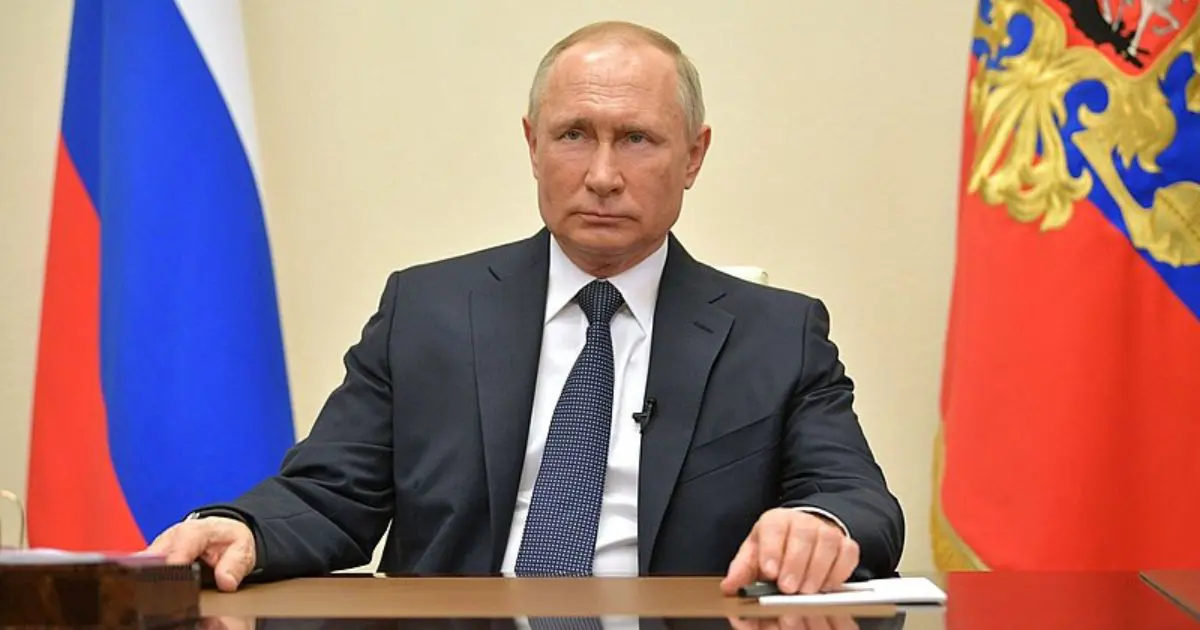Putin pushes new cross-border payment system to end dollar dominance
21 Oct 2024

Russian President Vladimir Putin has revived hopes of pursuing the BRICS agenda of creating a new cross-border payment system that would allow nations to make financial transactions outside the SWIFT financial technology and the US dollar.
Ahead of the 16th annual BRICS Summit on 22-23 October in the Tatarstan city of Kazan in Russia, Putin has called on member countries of the coalition to work towards a new digital payments system that would enable use of national currencies in financing investments and ending the dominance of the US currency and the threat of sanctions.
While a common BRICS currency is a long way off, Putin said, Russia is working with other members of the 10-nation grouping to explore the use of digital currencies of respective nations in cross-border transactions.
The BRICS Cross-Border Payment Initiative (BCBPI) seeks to transform the international monetary and financial system by ending the dominance of the dollar, which even the UN organisations like the International Monetary Fund and the World Bank have failed to address.
SWIFT, which connects 200 countries and territories, is currently the mainstay of the banking system the world over for international currency and financial transactions.
BRICS is a lose grouping of nations from diverse parts of the world, with no coherent ideology or common commitment. The five-member coalition that had Brazil, Russia, India, China and South Africa as founding members, has now grown into a larger block with 10 members which also include countries like Egypt, Ethiopia, Iran, Saudi Arabia and the United Arab Emirates. And, reports say, 30 more are waiting to onboad.
India had experimented with local currency transactions with some neighbouring countries as well as Russia and Opec member countries, but on a limited scale.
While Russia is more concerned with the sweeping sanctions imposed by the United States in the wake of the Russia-Ukraine war, the dominance of the US dollar in international transactions (the dollar peg) denies countries the opportunity to realise the full potential of their national currencies.
The proposed SWIFT alternative, however, is not a sweeping system facilitating global transactions, but a cross-border payments system that uses a network of commercial banks connected through central banks of the BRICS member nations.
As of now, the main concern about the existing global financial system is the dominance of western currencies, especially the dollar, and the threat of sanctions. These, however, may not be common to all members of the diverse grouping of countries.
BRICS need to find a consensus among its member nations on the need to create a new payments system and alternative currencies that will not inconvenience any nation, small or big.
The idea is to promote the use of central bank digital currencies (CBDCs), allowing nations to settle international payments through correspondent banks located in third countries.
BRICS proposes to use distributed ledger technology (DLT), such as blockchain, for effecting these transactions.
Alternatively, BRICS may also experiment with a barter-like system through commodity exchanges to facilitate trade and settlement of payments.



















